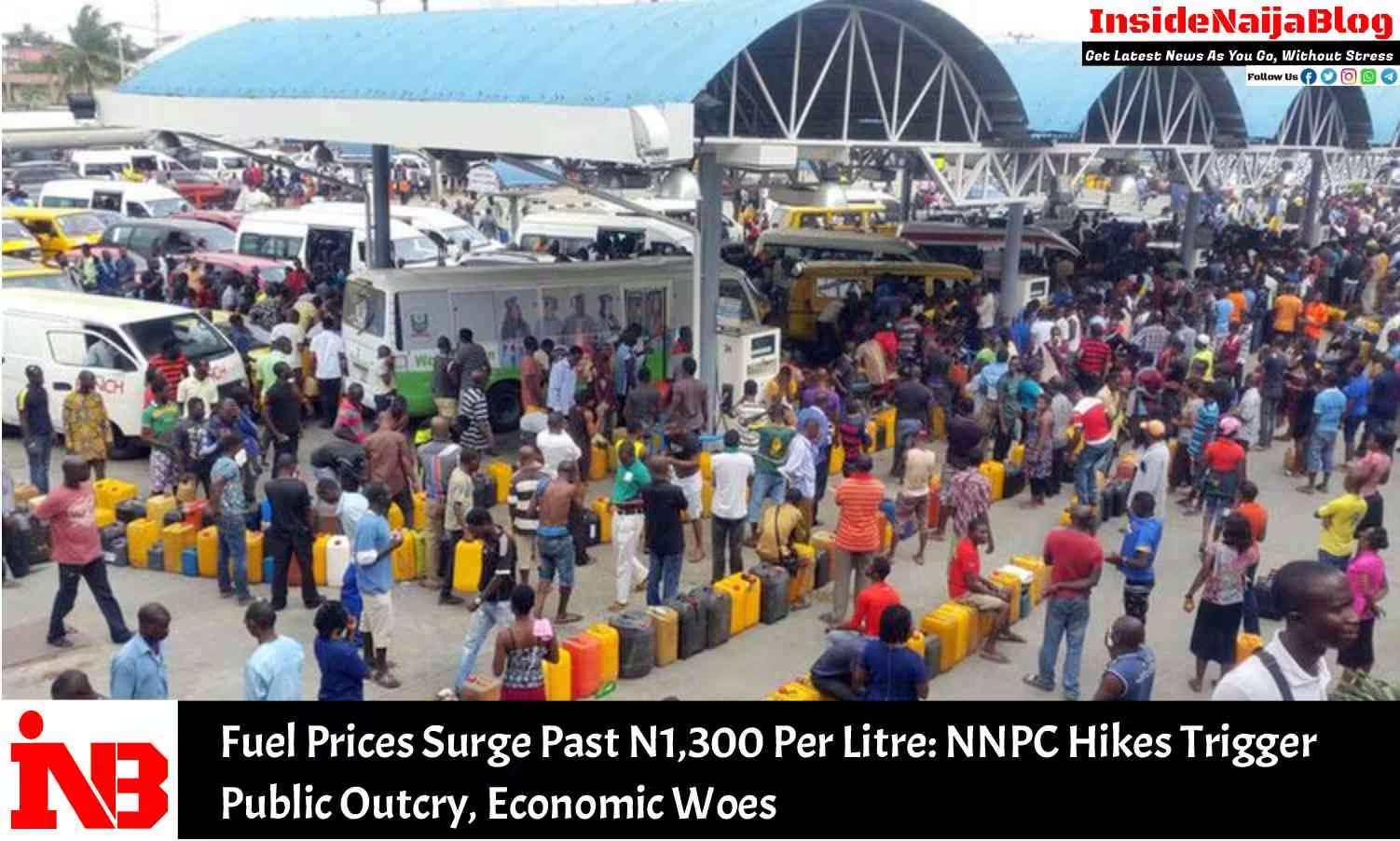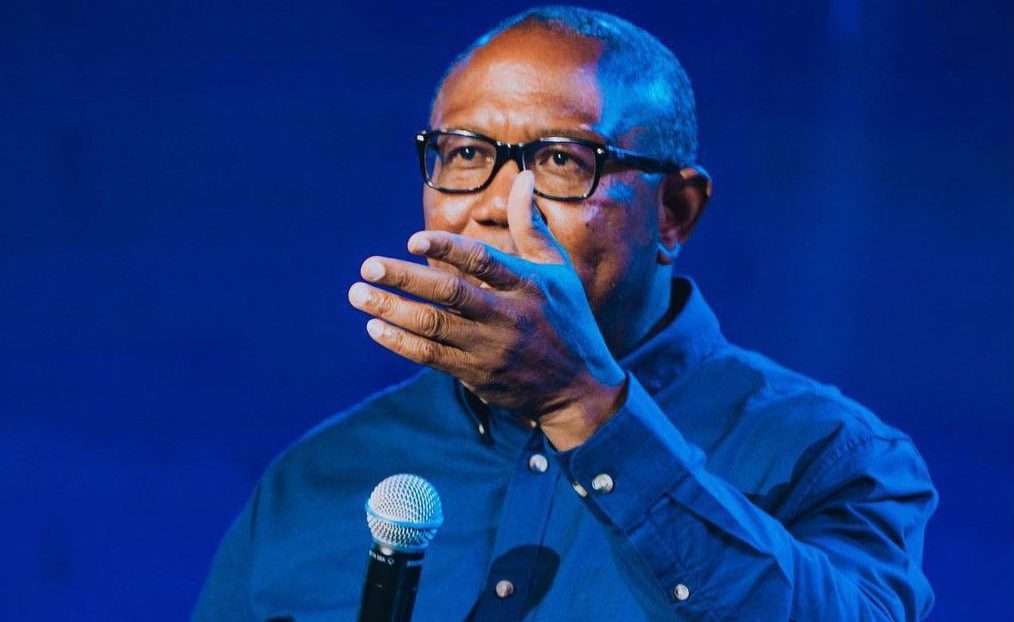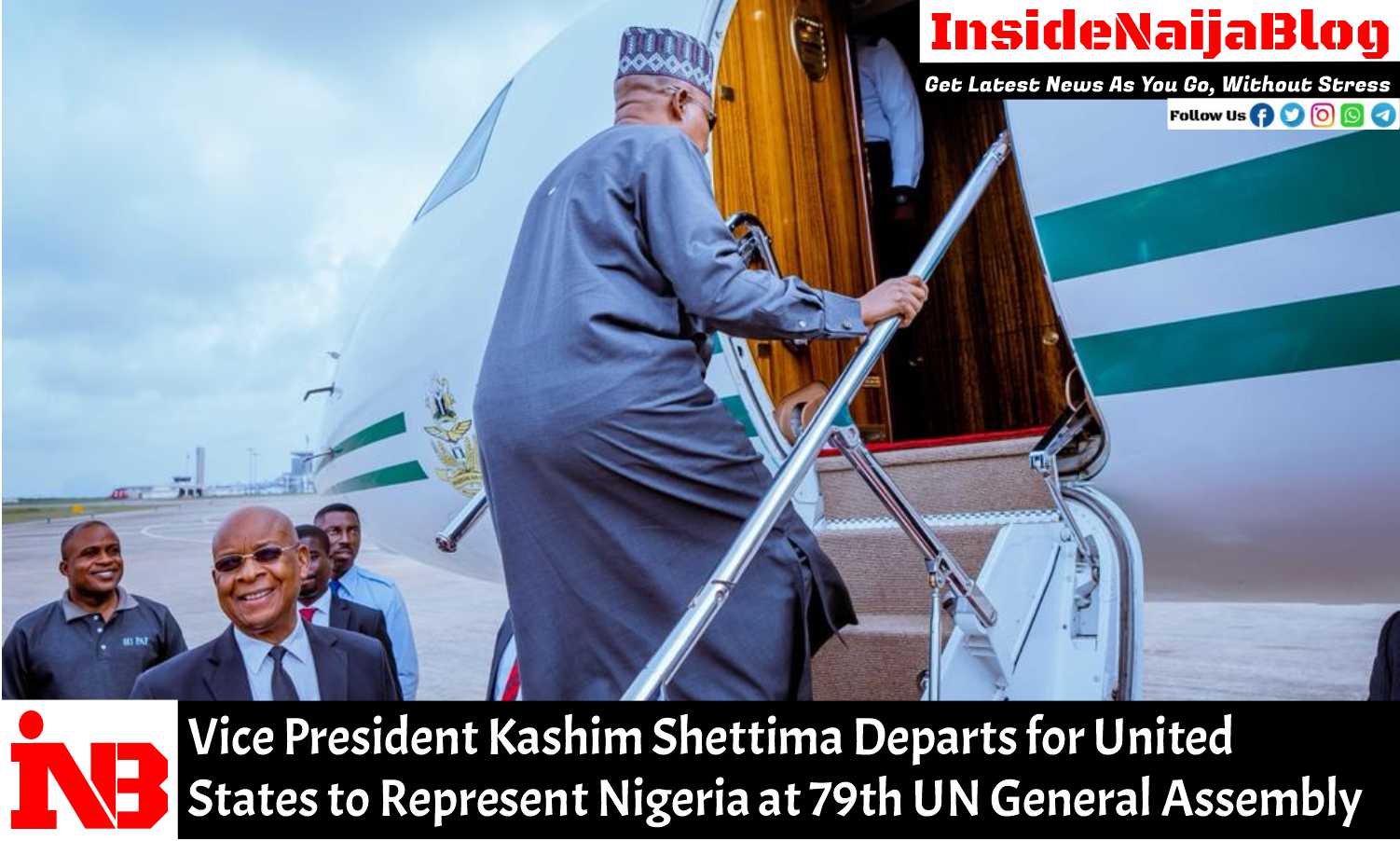In a dramatic turn of events, petrol prices have soared past N1,300 per litre in some states across Nigeria, igniting widespread public frustration and drawing sharp criticisms from various sectors. The Nigerian National Petroleum Company Limited (NNPC) has once again raised the pump prices of Premium Motor Spirit (PMS), commonly known as petrol, following an earlier increase less than a month ago. This latest hike has sent shockwaves through the country as Nigerians struggle to keep up with the rapidly escalating cost of living.
Nationwide Fuel Price Hikes
As the price of petrol shot up to N1,030 from N897 per litre in Abuja, and from N868 to N998 per litre in Lagos, similar price surges were recorded in other parts of the country. In some areas, petrol prices spiked to N1,250 per litre, with stations in places like Kwara and Edo charging N1,300 per litre. This represents a 14.8% increase, amounting to N133 per litre in just under a month.
For Nigerians, who have seen petrol prices rise by over 430% in the 17 months since President Bola Tinubu’s administration took office, the burden is growing heavier. Many feel that their disposable income is shrinking daily as the cost of transportation, food, and basic necessities continues to skyrocket.
Public Reactions: Anger and Frustration
Public outrage quickly followed the announcement of the new prices, with many questioning the timing and necessity of the increase. In Abuja, customers queuing at an NNPC mega station were shocked to learn the new price of N1,030 per litre, which was communicated verbally by attendants, as the station had failed to display the prices on the pumps. One customer expressed his frustration, saying, “I’m very angry right now. I waited in line for hours, thinking the price would be lower, only to be told it’s over N1,000 after I had already wasted so much time.”
This latest increase follows NNPC’s termination of its exclusive purchase agreement with the Dangote Refinery, allowing other players in the downstream sector to source products directly from the refinery. As a result, fuel prices are now determined by a “willing buyer, willing seller” mechanism, effectively ending the last vestiges of fuel subsidies. In many stations across Nigeria, prices are now set independently, with reports of stations charging as much as N1,250 per litre in places like Borno, Katsina, and Kwara.
Labour and Private Sector Demand Immediate Reversal
The Nigeria Labour Congress (NLC) and the Organised Private Sector (OPS) have strongly condemned the hike, calling for its immediate reversal. NLC President Joe Ajaero criticized the NNPC for its monopoly over petrol pricing and demanded the government present a clear blueprint for economic recovery instead of relying on what he called “spasmodic” fuel price increases.
Ajaero expressed concern over the deepening poverty the hike would cause, stating, “This latest increase will further plunge Nigerians into poverty, deepen job losses, and create more economic instability. We urge the government to reverse this decision immediately, as previous hikes have only made life harder for the average citizen.”
The Director-General of the Manufacturers Association of Nigeria (MAN), Segun Ajayi-Kadir, echoed similar concerns. He warned that the price increase would significantly drive up production costs for manufacturers, leading to higher prices for locally produced goods. “The second increase in one month will send shockwaves through the manufacturing sector. Distribution costs will rise, and consumers will face steeper prices for goods, all while their purchasing power continues to erode,” Ajayi-Kadir said.
The PMS price hike has also affected small and medium-sized businesses, many of which rely on fuel for daily operations. Ajayi-Kadir predicted that some businesses might have to shut down due to the rising costs, leading to more job losses across the country.
Widespread Impact on Transport and Inflation
The impact of the fuel price surge is being felt across all sectors, particularly transportation. Fares in major cities like Abuja have already increased, with a trip from Lugbe to Wuse jumping from N700 to N1,000. This price hike is likely to exacerbate inflation, which was already climbing due to previous fuel price increases.
The ripple effect of the increase is expected to be severe. Businesses are preparing for higher transportation and logistics costs, and some economists warn that the price hike could further destabilize Nigeria’s already fragile economy. Vincent Nwani, an economist and investment expert, expressed concern over the frequent fuel price hikes this year. “This is the third time fuel prices have risen in 2024, and it’s becoming a nationwide issue. Inflation is rising, and with each increase, Nigerians find it harder to cope,” he said.
Dangote Refinery Denies Role in Price Hike
In the midst of the price chaos, Dangote Refinery was accused of raising its ex-depot price, prompting NNPC to raise its rates. However, senior officials at Dangote Refinery swiftly denied the claim, calling the reports “fake news.” According to a refinery official, the NNPC is solely responsible for the price adjustment, and the refinery had not increased its rates.
Opposition Parties Slam Government Policy
Opposition parties, including the Peoples Democratic Party (PDP) and Labour Party (LP), have criticized the fuel price hike, accusing President Tinubu’s administration of poor economic management. PDP Deputy National Youth Leader, Timothy Osadolor, lamented the government’s policy inconsistencies and reckless economic decisions, which have led to a steep decline in the value of the naira and rising fuel prices. “This government has shown a total lack of understanding of the economic realities facing ordinary Nigerians. Every decision they make seems to push us further into hardship,” Osadolor said.
The Labour Party also condemned the hike, predicting that petrol prices might soon approach N2,000 per litre if current trends continue. The party called for prayers and urged Nigerians to make better voting decisions in the future.
Calls for Government Intervention
Amidst the escalating fuel prices and economic strain, industry experts are calling for urgent government intervention. The Petroleum Retail Outlet Owners Association of Nigeria (PETROAN) highlighted the challenges facing independent marketers, who now require about N45 million to purchase a truckload of petrol. They appealed for government support in the form of soft loans or energy banks to help businesses stay afloat in the deregulated market.
The Independent Petroleum Marketers Association of Nigeria (IPMAN) also voiced concerns, stating that many of its members might struggle to survive the current economic climate. Abubakar Maigandi, IPMAN President, called for a meeting with NNPC to discuss potential solutions, while PETROAN President Billy Gilly-Harry urged the government to rethink its approach to fuel pricing and focus on economic growth.
A Growing Crisis
As fuel prices continue to rise, the Nigerian economy faces an uncertain future. With inflation climbing, businesses struggling, and citizens feeling the brunt of the cost-of-living crisis, there is mounting pressure on the government to take swift action. Whether through subsidies, regulatory reforms, or economic policies that encourage growth, Nigerians are calling for solutions that will ease their burden and restore stability to the nation.




